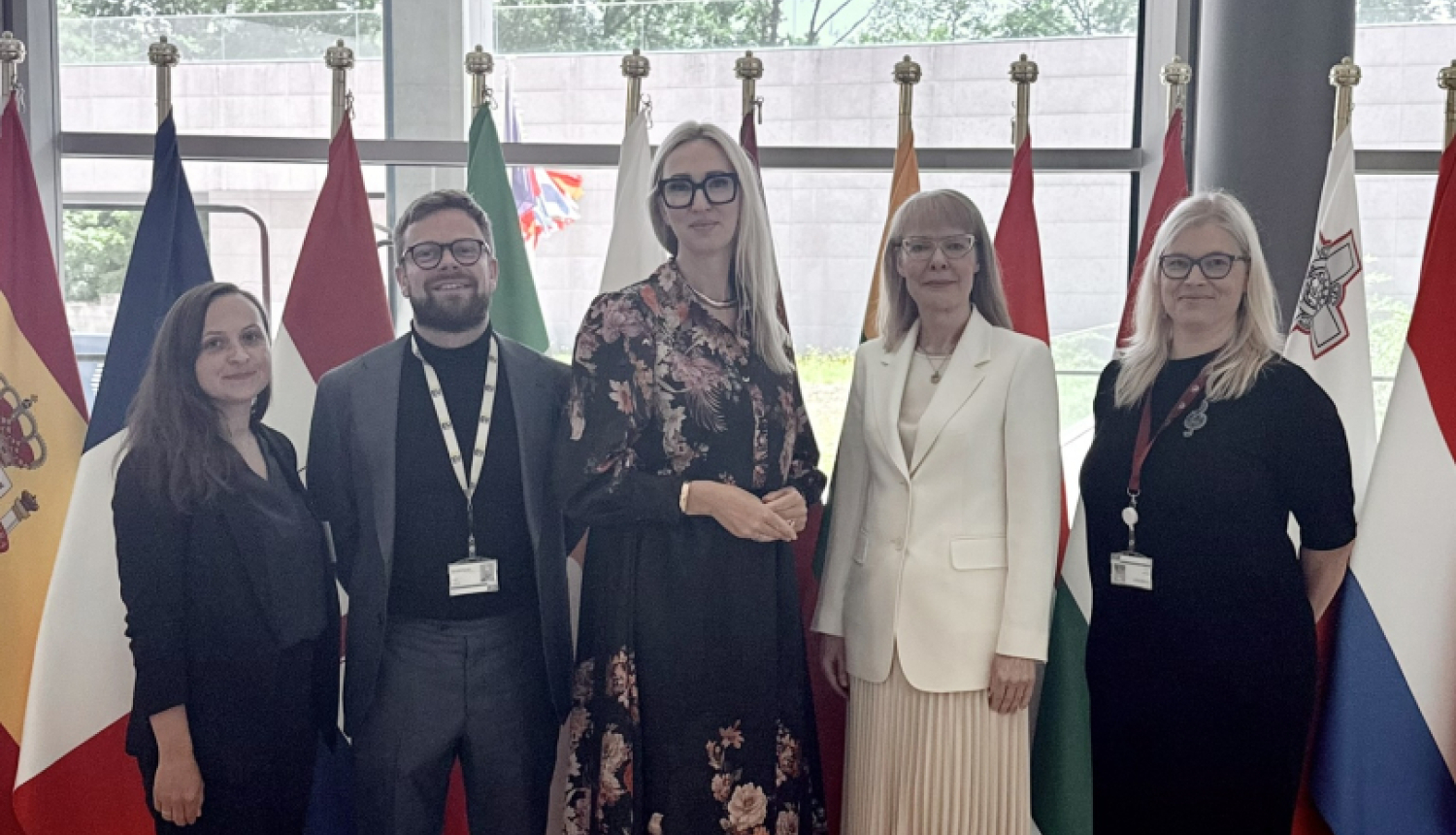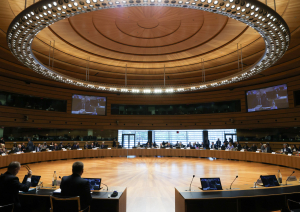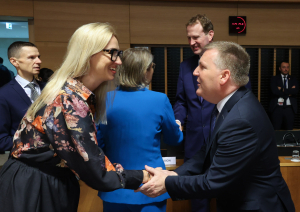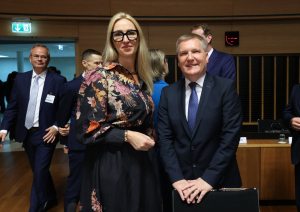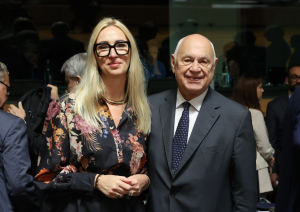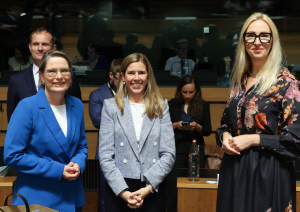On Thursday, 12 June, Parliamentary Secretary of the Ministry of Justice Lauma Paegļkalna took part in the meeting of the Justice and Home Affairs Council of the European Union (EU) in Luxembourg. At the meeting, Member States reached agreement on the introduction of a more efficient and fair insolvency framework, thereby contributing to strengthening the EU’s competitiveness and attracting investment.
Parliamentary Secretary L. Paegļkalna stated at the meeting: "Differences in the insolvency processes of Member States are considered an obstacle to the free movement of capital and the integration of capital markets in the EU. Therefore, the agreement reached by Member States on harmonising insolvency proceedings will strengthen the competitiveness of companies and facilitate investment. Common harmonisation measures in the EU will reduce barriers to cross-border investment. By making insolvency proceedings faster, more predictable and fairer, capital costs for businesses will be reduced and the EU’s global competitiveness will improve."
At the same time, L. Paegļkalna called on EU countries to join the Special Tribunal for the Prosecution of the Crime of Aggression against Ukraine, in order to ensure that those responsible are brought to justice as quickly as possible.
L. Paegļkalna also expressed support for Lithuania’s initiative to strengthen EU democratic resilience by creating a pan-European memorial to the victims of totalitarian regimes. She emphasised that only by understanding and recognising the scale of crimes committed under both the Nazi and Soviet communist regimes can a common understanding of Western and Eastern European history be achieved. Failure to condemn these crimes allows Russia, the legal successor of the USSR, to continue repeating them in Ukraine and threaten to repeat them in the European Union.
The Justice Ministers also discussed the protection of adults who, due to mental or physical disabilities, are unable to defend their rights themselves, especially in situations involving multiple countries.
In addition, Poland, as the Presidency of the EU Council, informed the meeting on the current state of play regarding the EU’s accession to the European Convention for the Protection of Human Rights and Fundamental Freedoms.



